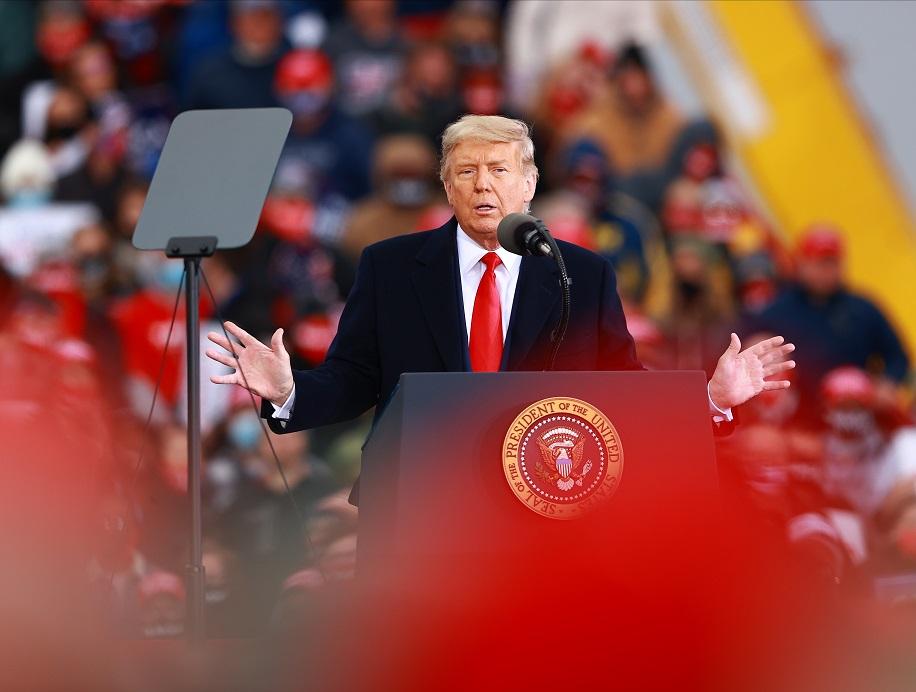Commentary
Etienne de La Boétie, who graced this planet from 1520 to 1563, may have died young, but he made his mark, mostly because he was best friends with Michel de Montaigne.

Etienne de La Boétie, who graced this planet from 1520 to 1563, may have died young, but he made his mark, mostly because he was best friends with Michel de Montaigne.